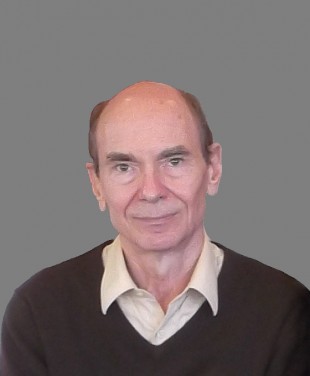
Björn Merker about consciousness and the brain
The meeting is open to the public.
Programme:
18.00– 18.10: Welcome and introduction by Johan F. Storm, Neurophysiology, University of Oslo
18.10 – 18.30: Introduction by Björn Merker
18.30 – 19.00: Panel discussion I and questions from the audience
Panel: Björn Merker, Kenneth Hugdahl (Univ.of Bergen), Sebastian Watzl (Philosophy, UiO), J.F. Storm (UiO).
19.00 – 19.15: Coffee break
19.15 – 20.15: Panel discussion II and questions from the audience
Bjørn Merker has highly interesting and original ideas on the neural basis for consciousness, based partly on brain research in animals and partly on observations of children that are born without a cerebral cortex. In 2012 he wrote: "A brain charged with guiding its body through a complex and lively world from a position of solitary confinement inside its opaque skull faces a set of functional challenges beset with inverse and ill-posed problems at every turn. Uncertainty and ambiguity therefore encumber all cortical labors, making probability distributions the natural medium of its disambiguating inferential operations." He "proposes that those operations take place unconsciously, ...and that the functional logic of an inherently probabilistic cortex implies a need for an extracortical "global best estimate buffer" as a means to complete cortical sensory disambiguation through a definitive but ephemeral estimate of current sensory circumstances. It further proposes that the contents of that extracortical buffer are conscious, not by virtue of anything being "added" to buffer operations in order to "make them conscious", but by virtue of the format of buffer contents alone: its dynamics issue in a nested arrangement placing an ego-center in perspectival relation to a neural model of body-world interactions..."
Björn Merker, born 1943, is a neuroscientist and independent interdisciplinary scholar who is known for his work on behavior and apparent consciousness in children that are born without almost any cerebral cortex (hydranencephaly; Merker, 2007), and his ideas about possible subcortical origin of consciousness (Merker, 2012, 2013).
Merker studied psychology and brain science in the U.S., receiving a B.A. in psychology at Queens College of the City University of New York (1975), and a PhD in psychology and brain science at the Massachusetts Institute of Technology in 1980 for work on midbrain orienting mechanisms. He then worked on oculomotor physiology in cats at UCLA and on the primary visual cortex of macaques at New York University. An interest in comparative behavioral biology led him to study song development and mirror self-recognition in gibbons, and eventually to research on the biological roots and evolutionary background of human music and language. With Nils Wallin and Steven Brown he edited the interdisciplinary volume The Origins of Music. In retirement, he continues active work on theoretical topics
that include the analysis of brain macrosystems and their interaction, countercurrent modelling of cortical memory, the subcortical foundations of brain mechanisms of attention and consciousness, and the biological background to human music and language.
http://bevissthetsforum.no
In collaboration with the Medical Sciences group at The Norwegian Academy of Science and Letters.